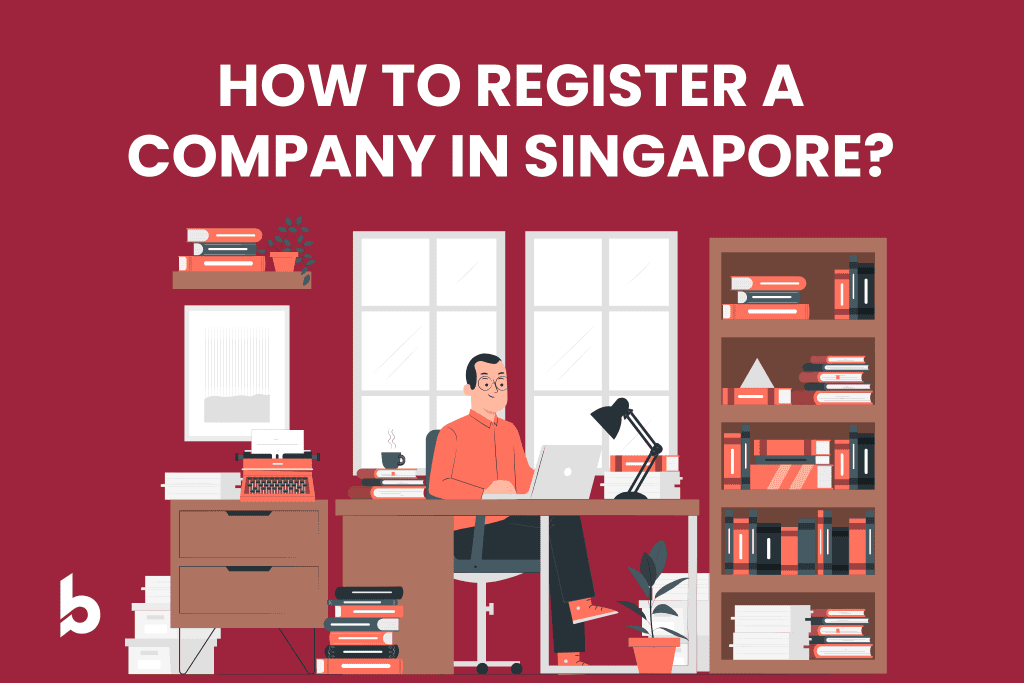How to Register a Company in Singapore: A Step-by-Step Guide
Get your business up and running in a matter of days.

A decade ago, when I embarked on my entrepreneurial journey, information wasn’t as accessible. I ended up paying a corporate service provider a hefty $2,000 to handle my company registration. Looking back, I realize that starting a company in Singapore, especially as a Singaporean, is a surprisingly straightforward process.
This simple guide aims to demystify the process and equip you with the knowledge needed to confidently register your company in Singapore.
Decisions You Need to Make Before You Register
- Company Name: Choose a unique name that complies with the Accounting and Corporate Regulatory Authority (ACRA) guidelines. Check for availability and have alternatives ready.
- Business Structure: Decide whether you want to register as a sole proprietorship or a local company (private or public), limited partnership (LP), or limited liability partnership (LLP).
- Directors (Companies Only): You need at least one Singapore-resident director (citizen, permanent resident, or employment/dependent pass holder). There are no limits on the number of directors, and they don’t have to be shareholders. Directors must meet specific eligibility criteria.
- Shareholders (Companies Only): You need at least one shareholder, and you can have up to 50. Shareholders can be individuals or entities of any nationality. Remember to protect the partnership with a partnership agreement.
- Company Secretary (Companies Only): Appoint a Singapore-resident company secretary within six months of incorporation. This person cannot be the sole director of the company.
- Auditor (Companies Only): Appoint an auditor within three months of incorporation, unless you qualify for the small company audit exemption based on your revenue, assets, and employee count.
- Financial Year-End: Choose a year-end date (e.g., March 31, June 30) and an accounting period (12 months or 52 weeks).
- Paid-Up Capital: The minimum paid-up capital is S$1, and you can increase it later.
- Registered Address: Provide a local residential or commercial address (no PO boxes). If you plan to operate from home, check your eligibility for HDB’s home-based business schemes. Alternatively you can look at virtual offices whom can provide you with a corporate mailing addresss at an affordable cost (from $40 per month).
- Business Licenses: Research and apply for the necessary licenses after incorporation. GoBusiness’ website provides information on license requirements for various industries.
How to Register
- After you have made your decisions, you will need to prepare the required documents, such as the company constitution and details of the shareholders and directors.
- Submit your company registration application online through BizFile+, ACRA’s online filing portal. You’ll need a SingPass account to do so.
After Registration
- Obtain Licenses: If necessary, apply for the necessary business licenses.
- Download Business Profile: Download your business profile within seven days of incorporation for free.
- Appoint Corporate Secretary (Companies): Fulfill this requirement within six months.
- Open a Bank Account: Prepare the required documents (e.g., application form, identification documents, board resolution) and open a corporate bank account. Many banks offer online account opening.
- Familiarize Yourself with Government Agencies: Learn about the roles and functions of agencies like ACRA, IRAS, MOM, and others that you might interact with.
Foreigners Registering a Company
Foreigners cannot register a business on their own. They must engage a local representative or corporate secretary with a SingPass account. If you’re a foreigner residing in Singapore, you might need an EntrePass. If you’re not residing here, you’ll need a local authorized representative or director.
Need More Help?
If you have further questions or uncertainties, contact ACRA for guidance and support.
Explore More Content
Table of Content

